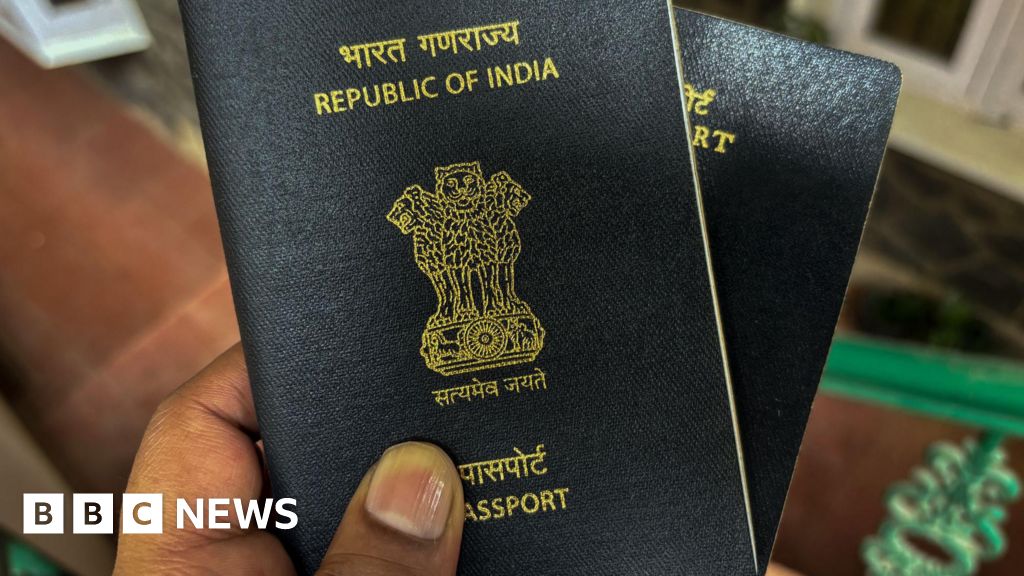Copyright bbc

Passport strength reflects a nation's soft power and global influence. It also translates into better mobility for its citizens, boosting business and learning opportunities. A weak passport means more paperwork, higher visa costs, fewer travel privileges and longer waiting times for travel. But despite the decline in the rank, the number of countries offering visa-free access to Indians has actually increased in the past decade or so. For example, in 2014 - the year Prime Minister Narendra Modi's Bharatiya Janata Party (BJP) came to power - 52 countries offered visa-free travel to Indians and its passport ranked 76th on the index. A year later, it tumbled to the 85th position, then rose to 80th in 2023 and 2024, dropping again to the 85th position this year. Meanwhile, visa-free destinations for Indians increased from 52 in 2015 to 60 in 2023 and 62 in 2024. The number of visa-free destinations in 2025 (57) is higher than what it was in 2015 (52), yet India's rank for both these years is 85. So, why is that? Experts say that a major reason is the increasingly competitive landscape in global mobility - meaning countries are entering into more travel partnerships to benefit their citizens and their economies. According to a 2025 report by Henley & Partners, the global average number of destinations travellers are able to access visa-free has nearly doubled from 58 in 2006 to 109 in 2025. For example, China has increased the number of visa-free destinations its citizens can travel to from 50 to 82 in the past decade. Consequently, its rank on the index has improved from 94th to 60th during the same time period. Meanwhile, India - which was ranked 77th on the index in July (the Henley Passport Index is updated quarterly to reflect changes in global visa policies) as it enjoyed visa-free access to 59 countries - dropped to the 85th position in October after losing access to two countries.



